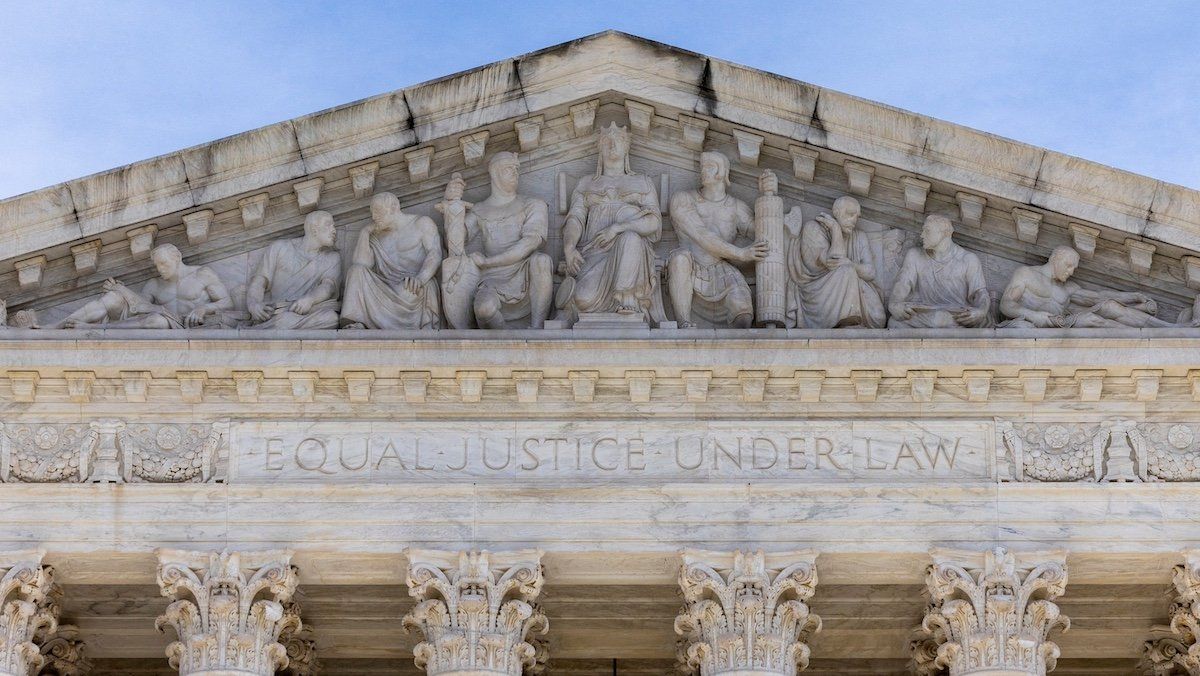The Supreme Court heard arguments on Monday from groups representing major social media platforms which argue that new laws in Florida and Texas that restrict their ability to deplatform users are unconstitutional. It’s a big test for how free speech is interpreted when it comes to private technology companies that have immense reach as platforms for information and debate.
Supporters of the states’ laws originally framed them as measures meant to stop the platforms from unfairly singling out conservatives for censorship – for example when X (then Twitter) booted President Donald Trump for his tweets during January 6.
What do the states’ laws say?
The Florida law prevents social media platforms from banning any candidates for public office, while the Texas one bans removing any content because of a user’s viewpoint. As the 5th Circuit Court of Appeals put it, Florida “prohibits all censorship of some speakers,” while Texas “prohibits some censorship of all speakers.”
Social media platforms say the First Amendment protects them either way, and that they aren't required to transmit everyone’s messages, like a telephone company which is viewed as a public utility. Supporters of the laws say the platforms are essentially a town square now, and the government has an interest in keeping discourse totally open – in other words, more like a phone company than a newspaper.
What does the court think?
The justices seemed broadly skeptical of the Florida and Texas laws during oral arguments. As Chief Justice John Roberts pointed out, the First Amendment doesn’t empower the state to force private companies to platform every viewpoint.
The justices look likely to send the case back down to a lower court for further litigation, which would keep the status quo for now, but if they choose to rule, we could be waiting until June.





